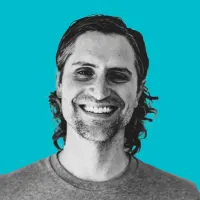The relationship between spirituality, medicine, and mindfulness has received a lot of attention in recent years as the importance of holistic well-being has become more apparent. Spirituality can be vital to one's health and healing because it provides a framework for understanding the meaning and purpose of life, coping with illness, and finding hope and resilience in challenging situations. Many medical professionals today recognize how crucial it is to attend to patients' spiritual needs in addition to their physical and emotional needs because doing so could hasten the healing process.
The practice of mindfulness is now being accepted in the fields of medicine and healthcare. Encouraging improvements in both mental and physical health have been observed in several therapy techniques that employ mindfulness-based therapies. Healthcare professionals can assist patients in developing self-awareness, managing stress, reducing pain, and improving overall health outcomes by introducing mindfulness techniques into their daily work. Furthermore, mindfulness has been shown to increase compassion and empathy, allowing medical practitioners to form closer bonds with their patients and deliver treatment that fully satisfies their requirements.
In conclusion, mindfulness, spirituality, and medicine are all essential components of healthcare. Recognizing and addressing the spiritual dimensions of health may lead to a more complete and empathetic approach to patient treatment. By implementing mindfulness practices in clinical settings, healthcare professionals can assist patients in increasing their general well-being, resiliency, and self-awareness. The goal of this holistic approach is to help people recover and become whole by recognizing the intricate connection between the mind, body, and spirit.





















